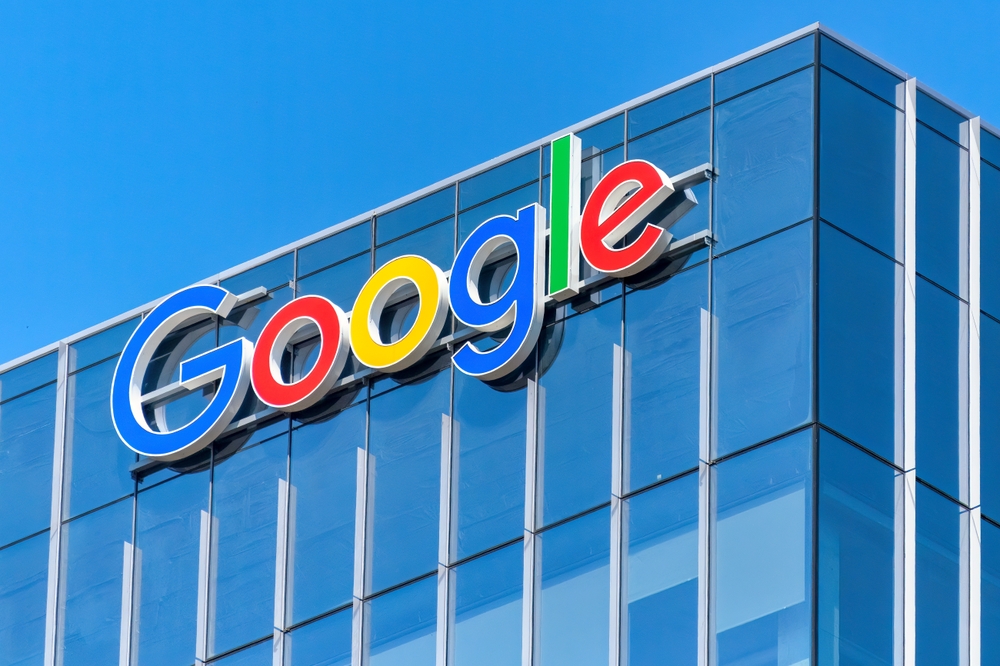The Regulator's Revenge: Why Google is Facing Billions in New Fines
For years, global regulators have tried to curb the power of Big Tech with a series of fines, but a new phase in this battle has begun. In a matter of days, Google has been hit with two separate fines totaling over €3.2 billion. These penalties are not just about money; they signal a fundamental shift in regulatory strategy, moving beyond financial sanctions toward measures that could force structural changes to Google’s business model. This dual blow from European and French authorities represents a coordinated and impatient effort to redefine how digital markets operate.
Why Is Google Being Fined?
The fines stem from two distinct but related issues: a major antitrust violation in the EU and a privacy breach in France.
The EU Antitrust Fine of €2.95 billion ($3.5 billion) targets Google's dominance in the online advertising ecosystem. The European Commission found that Google engaged in "self-preferencing" by unfairly favoring its own ad-tech services over those of its competitors. Think of it like a market owner who also runs the most popular stand. Not only do they make the rules, but they give their own stand prime real estate and preferential treatment, while making it more difficult and expensive for rivals to compete. Specifically, the Commission found that Google's AdX exchange and DoubleClick For Publishers (DFP) ad-server were used to sideline competitors, harming publishers and advertisers and potentially driving up costs for consumers. This is the fourth major antitrust fine Google has received from the EU, underscoring the Commission's frustration with the company's repeated anti-competitive behavior.
The French Privacy Fine of €325 million ($381 million) from France’s data protection authority (CNIL) focuses on user consent. The CNIL found that Google violated privacy laws by displaying ads and using cookies without obtaining the necessary informed consent. The fine highlights two specific practices:
- Ads Disguised as Emails: Google was found to be inserting advertisements that appeared to be regular emails within Gmail’s "Promotions" and "Social" tabs, a practice the CNIL ruled as a form of "unsolicited electronic prospecting" that violated consumer protection laws.
- Coercive Cookie Acceptance: The CNIL also found that during the account setup process, Google's cookie consent interface was designed to make it disproportionately easy for users to accept all cookies while requiring more effort to reject them, which does not constitute valid, informed consent.
How Much Has Google Been Fined?
In total, Google has been hit with fines of approximately €3.275 billion ($3.88 billion) from these two separate rulings.
- The European Commission's antitrust fine is the largest at €2.95 billion ($3.5 billion).
- France's CNIL fine is smaller but still significant at €325 million ($381 million).
While these amounts may seem astronomical, they represent a fraction of Google's parent company, Alphabet's, quarterly revenue, which often exceeds $60 billion. This financial disparity is a key reason why regulators are now pursuing more drastic measures.
The Compliance Challenge: What Happens Next?
Google's response will be closely watched by investors and the tech industry. For the EU fine, Google has 60 days to propose a compliance plan to end its self-preferencing practices. The European Commission has warned that if Google's proposal is unsatisfactory, it may impose structural remedies or even force the divestiture of parts of its ad-tech business. This threat of a forced breakup is the most serious challenge to Google's business model to date. Google has stated it will appeal the decision, arguing the changes would harm European businesses.
The French fine presents a different kind of pressure. Google must immediately cease the unlawful cookie and ad practices or face mounting penalties of €100,000 per day for non-compliance. This puts an immediate onus on the company to change its user interfaces and advertising delivery systems.
These penalties are part of a broader, global shift in regulatory thinking. As fines have proven insufficient to deter anti-competitive behavior, regulators are increasingly turning to legislation like the EU’s Digital Markets Act (DMA) and Digital Services Act (DSA) to fundamentally reshape how technology giants operate. Google’s decisions in the coming months will not only determine its financial fate but could also set a global precedent for the future of digital market governance.
Related: Did TikTok Really Get Fined $575 Million—And What Are They Hiding?
Related: Which Industries Are Most at Risk as Google’s AI Core Updates Erode Search Traffic?














